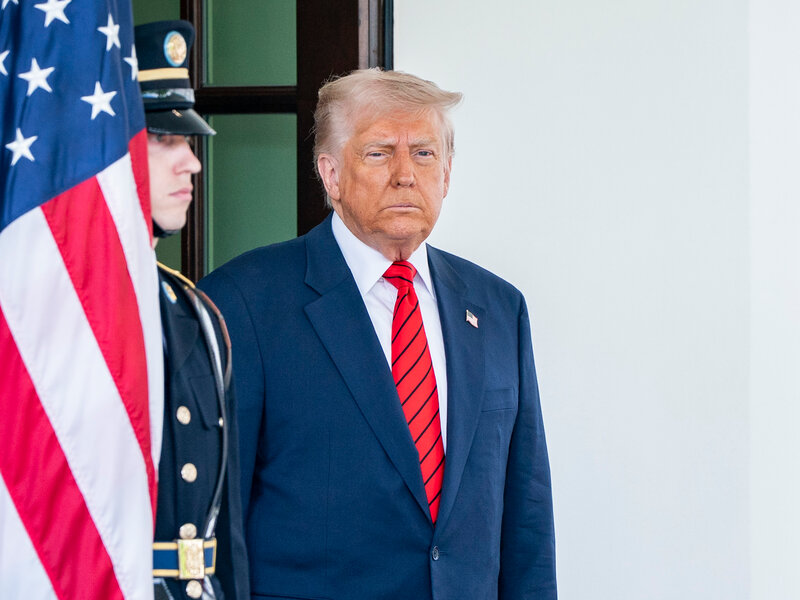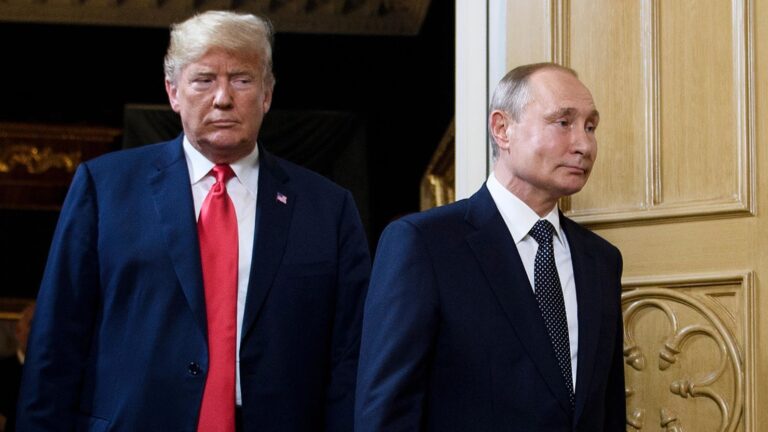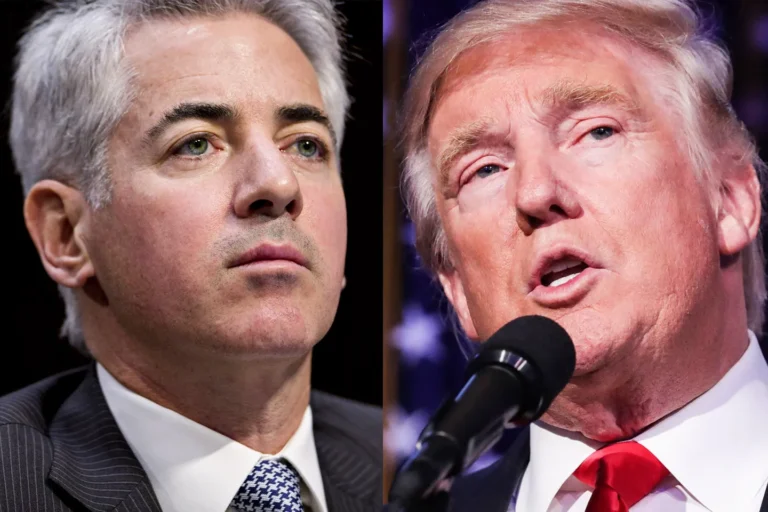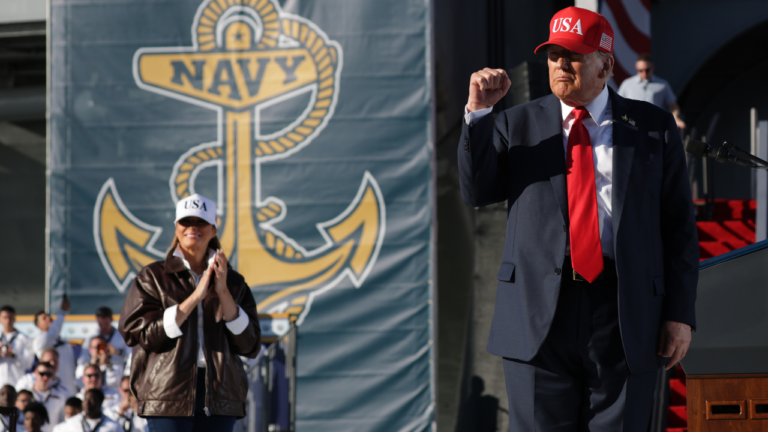Pritzker Threatens ICE Over Federal Enforcement in Illinois
Illinois Governor J.B. Pritzker has always been known for his outspoken rhetoric and his larger-than-life personality, but his latest statements about federal law enforcement and immigration policy have taken his political arrogance to new levels.
Pritzker’s recent comments, which came during an appearance on MSNBC’s “The Briefing with Jen Psaki,” have sparked outrage and criticism across political lines, raising serious questions about the limits of state power, the role of local governments in enforcing federal law, and the potential consequences of such a high-profile political showdown.
Pritzker, who is often seen as a staunch opponent of President Donald Trump and his policies, has once again put himself in the national spotlight—this time by making a bold move against U.S. Immigration and Customs Enforcement (ICE) and its agents.
The governor’s comments on potentially prosecuting ICE agents for actions they take in Illinois represent a stark challenge to federal law enforcement and, some would argue, an infringement on the balance of powers between state and federal authorities.
The controversy surrounding Pritzker’s remarks stems from a series of federal actions that have been challenged by activists and local authorities. Specifically, Pritzker’s comments were made in response to a ruling by U.S. District Judge Sara Ellis, an Obama appointee, who issued a temporary restraining order against the use of certain crowd control tactics outside an ICE facility in Broadview, Illinois.
The use of pepper balls and tear gas during protests outside the ICE facility had been a source of tension, with protesters and some media outlets claiming that these measures were excessive and violated civil rights.
In response, Pritzker seemed to suggest that Illinois authorities would take matters into their own hands, stating that if ICE agents violated state laws, he would support local prosecutors taking action. “We’re looking at all of the options at the local level with county state’s attorneys, with attorneys general to go after people [ICE agents] when they’re breaking Illinois law,” Pritzker said during the interview, seemingly calling for a form of state-level pushback against federal law enforcement.

This is not the first time that Illinois has found itself at odds with the federal government over immigration enforcement. The state has long been known as a sanctuary state, where local authorities are often reluctant to cooperate with ICE and other federal immigration enforcement agencies.
While sanctuary policies are designed to protect undocumented immigrants from federal deportation efforts, they have also placed state and local authorities in a difficult position of navigating the tension between enforcing local laws and cooperating with federal immigration directives.
Pritzker’s latest statements can be viewed as a direct challenge to the authority of federal law enforcement agencies like ICE, which are tasked with enforcing immigration laws across the United States.
The governor’s position aligns with the broader ideological divide between state and federal policies on immigration enforcement. Democrats, including Pritzker, often argue that immigration laws should be reformed and that local jurisdictions should have more control over how they handle undocumented immigrants.
However, the stance Pritzker has taken raises serious questions about the limits of state power. While states do have the authority to enforce certain local laws, they cannot interfere with federal law enforcement in a way that undermines national security or the enforcement of federal law.
In this case, Pritzker’s suggestion that local authorities could prosecute federal agents for actions they take while enforcing federal law crosses into a grey area of constitutional law.
As legal experts have pointed out, states are allowed to prosecute federal officials for violations of state laws, but this can only happen under specific conditions—namely, when federal officials act outside the bounds of their lawful duties, violate federal law, or engage in egregious behavior.
For many Republicans, this is a clear case of overreach on the part of Pritzker and other Democratic leaders who seem to prioritize their personal political agendas over the safety and security of the American public.
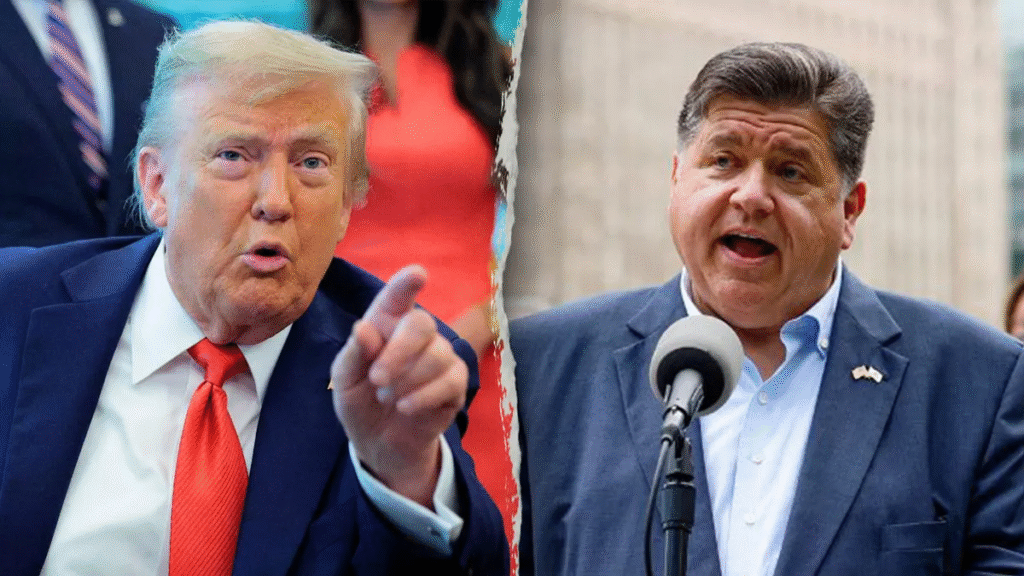
They argue that by taking this stance, Pritzker is undermining the rule of law and creating an environment in which federal agents are unable to carry out their duties without fear of prosecution or retaliation from state authorities.
The controversy surrounding Pritzker’s comments comes on the heels of a decision by Judge Sara Ellis, who issued a temporary restraining order last week after protests outside the ICE facility in Broadview, Illinois, escalated into violent confrontations.
The judge’s ruling, which criticized the use of pepper balls and tear gas as crowd-control measures, reflects the growing national debate over the role of law enforcement in handling protests and demonstrations.
Many conservatives have pointed to Judge Ellis’s decision as an example of judicial overreach, accusing her of putting the safety of law enforcement agents at risk by micromanaging their use of non-lethal force.
ICE agents, who have long been the target of protests and violence due to their role in enforcing federal immigration laws, argue that their actions are necessary to ensure public safety and prevent the unlawful release of individuals into the community.
Pritzker, who has consistently criticized the Trump administration’s immigration policies, has used the opportunity to frame the issue as one of human rights and civil liberties.
His support for local prosecutors who might pursue legal action against ICE agents stems from a broader agenda to protect undocumented immigrants and limit the power of federal immigration enforcement agencies.
But while his position may resonate with some within the progressive wing of the Democratic Party, it risks alienating those who believe that law enforcement must be able to carry out their duties without interference from state or local governments.

Pritzker’s willingness to challenge federal authority in this case reflects the broader ideological battle between federalism and state sovereignty—a debate that has been at the heart of American politics for decades.
Pritzker’s comments and the ensuing debate have further fueled the ongoing national conversation about immigration and sanctuary policies. While Illinois and other states with sanctuary laws continue to push for greater protections for undocumented immigrants, the federal government remains committed to enforcing immigration laws, even if it means using controversial tactics like raids and deportations.
The tensions between state and federal immigration policies are unlikely to dissipate anytime soon, and this latest incident in Illinois may only serve to deepen the divide.
For conservatives, the arrest of illegal immigrants and the enforcement of immigration laws are seen as a critical aspect of protecting national security and preserving the rule of law.
They argue that sanctuary policies, which limit cooperation with federal authorities, put the safety of American citizens at risk and allow dangerous individuals to remain in the country.
On the other hand, Democrats like Pritzker argue that the current immigration system is broken and in need of reform. They contend that local governments should have the right to determine how they address immigration issues and that federal immigration enforcement practices often result in inhumane treatment of immigrants.
Pritzker’s support for prosecuting ICE agents who violate state laws reflects his broader belief in protecting immigrant communities and curbing what he sees as an overly punitive system.
The ongoing clash between Illinois and the federal government over immigration enforcement is just one example of the broader conflict between state and federal authority.

As the debate over immigration reform continues, it is likely that more states will find themselves in direct conflict with the federal government over how to handle immigration enforcement.
Pritzker’s comments on prosecuting ICE agents are just the latest example of this growing tension. As the situation develops, it is possible that other states with sanctuary policies will follow Illinois’ lead, setting the stage for a larger legal and political battle over the role of federal authorities in enforcing immigration laws.
In conclusion, the standoff between Illinois Governor J.B. Pritzker and federal immigration enforcement authorities highlights the deepening divide between state and federal governments on immigration issues.
While Pritzker and other Democrats continue to advocate for more lenient policies, the Trump administration’s efforts to secure the borders and enforce immigration laws have created a clear ideological divide.
The outcome of this ongoing battle will have significant implications for the future of immigration policy in the United States and the balance of power between state and federal governments.
